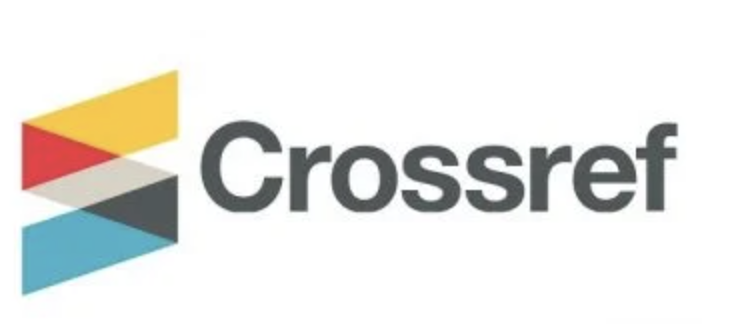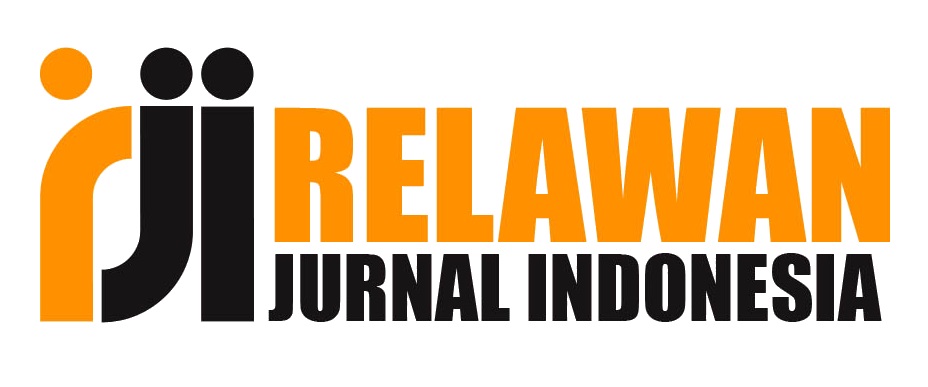Investigating the Efficacy of the Papago AI Application in Enhancing Vocabulary Proficiency Among Secondary School Students
DOI:
https://doi.org/10.63324/lec.2v.1i.64Keywords:
Artificial Intelligence, Language Learning, Papago, Vocabulary MasteryAbstract
This quasi-experimental study investigated the efficacy of the AI-powered Papago application in enhancing vocabulary acquisition among tenth-grade students at SMAN 7 Bandar Lampung. The research aimed to address common student difficulties in vocabulary retention and application by leveraging AI's potential for personalized, contextually accurate, and interactive learning. Focusing on five key vocabulary categories—nouns, adjectives, adverbs, verbs, and conjunctions, particularly within the context of descriptive texts—the study employed a quantitative research design to assess Papago's impact. Data were collected via pre-tests and post-tests, supplemented by qualitative feedback from students and teachers regarding the application's usability. Statistical analysis using SPSS 27 revealed a significant difference (p=0.004<0.05) in vocabulary mastery among students who utilized Papago. This outcome supports the alternative hypothesis, indicating that the intervention effectively improved students' vocabulary mastery. The findings suggest that AI applications such as Papago hold considerable promise in surmounting prevalent vocabulary-learning challenges and fostering greater student engagement.
References
Brown, D. (2007). Teaching by Principles: An Interactive Approach to Language Pedagogy. Pearson Education.
Coperías-Aguilar, M. J. (2019). Diversity and second language acquisition in the university classroom: A multilingual and multicultural setting. In Project-Based Learning in Second Language Acquisition (1st ed., pp. 1–16). Routledge. https://www.taylorfrancis.com/chapters/edit/10.4324/9780429457432-2/
Creswell, J. W. (2012). Educational research: Planning, conducting and evaluating quantitative and qualitative research. Pearson Education.
Hastomo, T., Sari, A. S., Widiati, U., Ivone, F. M., Zen, E. L., & Andianto, A. (2025). Exploring EFL Teachers’ Strategies in Employing AI Chatbots in Writing Instruction to Enhance Student Engagement. World Journal of English Language, 15(7), 93–102. https://doi.org/10.5430/wjel.v15n7p93
Jeon, J. (2024). Exploring AI chatbot affordances in the EFL classroom: young learners’ experiences and perspectives. Computer Assisted Language Learning, 37(1–2), 1–26. https://doi.org/10.1080/09588221.2021.2021241
Khalid Othman. (2023). Towards implementing AI mobile application chatbots for EFL learners at primary schools in Saudi Arabia. Journal of Namibian Studies : History Politics Culture, 33. https://doi.org/10.59670/jns.v33i.434
Kim, M. K. (2023). PBL Using AI Technology-based Learning Tools in a College English Class. The Korean Association of General Education, 17(2), 169–183. https://doi.org/10.46392/kjge.2023.17.2.169
Lee, Y.-J., Davis, R. O., & Lee, S. O. (2024). University students’ perceptions of artificial intelligence-based tools for English writing courses. Online Journal of Communication and Media Technologies, 14(1), e202412. https://doi.org/10.30935/ojcmt/14195
Mandasari, B., Basthomi, Y., Hastomo, T., Afrianto, Hamzah, I., & Aminatun, D. (2025). The Snapshots of Indonesian Pre-Service English Teachers’ Perspectives on Integrating Technology-Based Tools to Rural Schools. Voices of English Language Education Society, 9(1), 42–57. https://doi.org/10.29408/veles.v9i1.27965
Sari, L. P., Hastomo, T., & Nurchurifiani, E. (2023). Assessing the Efficacy of Duolingo for Acquiring English Vocabulary Skills: Experimental Research. Journal of English Teaching Applied Linguistics and Literatures (JETALL), 6(2), 193–200.
Shikun, S., Grigoryan, G., Huichun, N., & Harutyunyan, H. (2024). AI chatbots: Developing English language proficiency in EFL classroom. Arab World English Journal, 1(1), 292–305. https://doi.org/10.24093/awej/ChatGPT.20
Slamet, J. (2024). Potential of ChatGPT as a digital language learning assistant: EFL teachers’ and students’ perceptions. Discover Artificial Intelligence, 4(1), 46. https://doi.org/10.1007/s44163-024-00143-2
Waziana, W., Andewi, W., Hastomo, T., & Hasbi, M. (2024). Students’ perceptions about the impact of AI chatbots on their vocabulary and grammar in EFL writing. Register Journal, 17(2), 328–362. https://doi.org/https://doi.org/10.18326/register.v17i2.352-382
Wulyani, A. N., Widiati, U., Muniroh, S., Rachmadhany, C. D., Nurlaila, N., Hanifiyah, L., & Sharif, T. I. S. T. (2024). Patterns of utilizing AI–assisted tools among EFL students: Need surveys for assessment model development. LLT Journal: A Journal on Language and Language Teaching, 27(1), 157–173. https://doi.org/10.24071/llt.v27i1.7966















